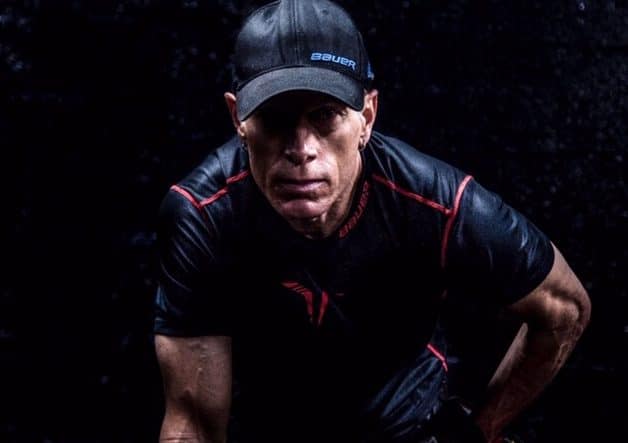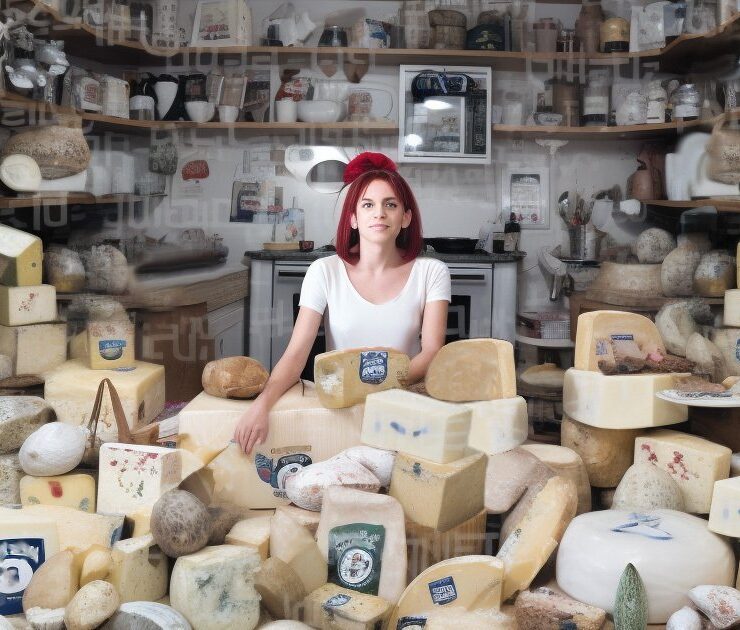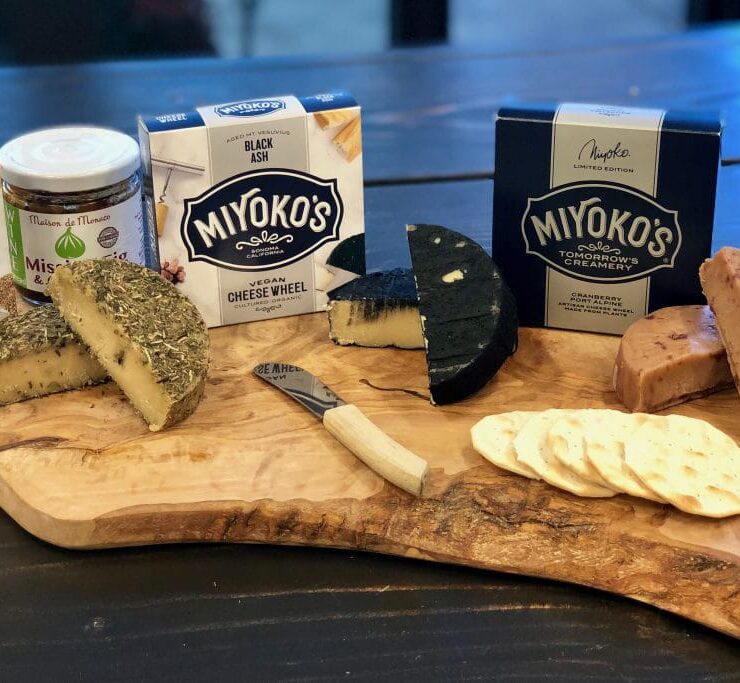They’re misleading you: vitamin D is not a vitamin

It’s spring in all its magnificent splendor, which means it’s time to get outside to soak up all that vitamin D that you missed during the winter months. One of the downsides of my return to life as a hockey player instead of as a cyclist is that by being a rink rat, I don’t get enough vitamin D the natural way by being outside in the sunshine 2-6 hours per day. The sun generously provides the vitamin D we need, especially for us plant-based athletes who do not consume cow’s milk, which we’ve been led to believe is packed with the essential vitamin. But how do we get a vitamin just by being in the sun? And since I don’t drink dairy milk, I’ve got to take vitamin D supplements, right?

“First of all, it offends me to even call it a vitamin. Cholecalciferol, vitamin D3, is a hormone that plays a part in a number of biological functions such as bone metabolism, immune function, and mood and behavior regulation. It also helps protect against a higher risk of certain viruses and cancers,” explained Dr. Milton Mills, a renowned advocate of plant-based diets who practices urgent care medicine in Washington, DC and has served as Associate Director of Preventative Medicine as a member of the National Advisory Board for Physicians Committee for Responsible Medicine.
For the sake of this column, let’s call it a vitamin. It’s fat soluble and is absorbed through the skin as vitamin D2. When we get it from the ultraviolet light spectrum of the sun or from food, it is biologically inactive. The kidneys make a precursor that aids in the conversion process of turning vitamin D2 into D3 which is then synthesized by the liver.
When it comes to getting ample vitamin D from food, mushrooms of any variety are the only natural source. But that’s not what the dairy industry wants you to believe.
“The dairy industry started adding vitamin D to cow’s milk to lure people to buy it in the early 1930s when rickets was a concern. We’ve been misled by the dairy industry into thinking that milk contains an abundance of vitamin D on its own, but that is not the case,” said Dr. Mills. “I’ll give that to the dairy industry. They are very inventive and effective with their marketing. They mislead and continue to hurt people with their messaging. We’ve got to counteract it with the truth in order to become or remain healthy. The fact is getting vitamin D from cow’s milk is just plain gross. It’s like someone putting vitamin C into crack cocaine and telling people that crack is a great source of vitamin C.”
The fact is that the dairy industry is enhancing cow’s milk with vitamin D to get you to buy it. Most plant milks and vegan cereals are enriched with vitamin D you can get it that way. Or from plenty of sunlight. Since I’m no longer out in the sun on the bike training for hours every day, Dr. Mills recommended vitamin D3 supplementation.
“The further people are away from the equator, the more likely they are to need a vitamin D3 supplement. To get it from the sun requires hours of exposure with more than 50% of the body – specifically the limbs and trunk – exposed. If you’re a cyclist or a marathon runner who spends hours in the sun daily while wearing very little clothing, you’re probably okay. But the rest of us do need to take a supplement.”
If you do go the supplement route, make sure that it is a vegan D3, which is more easily absorbed by the body. The other forms use lanolin (sheep’s skin). During the sun-splashed spring and summer days ahead, you’ll catch me outside the rink shirtless and in a pair of shorts stocking up on vitamin D the old- fashioned way.
#veganhockeyplayer









